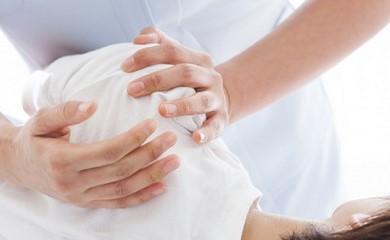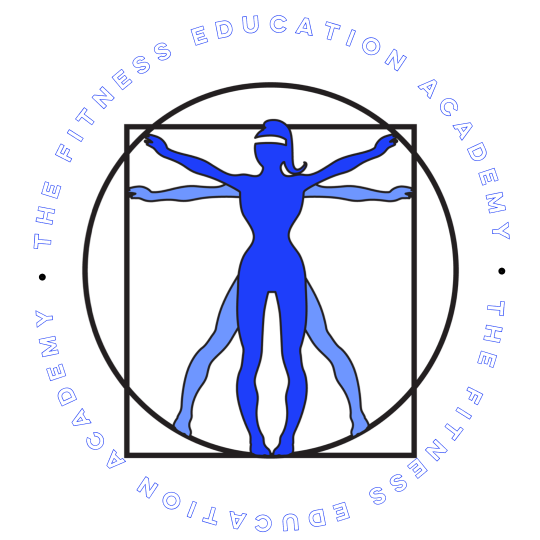
Sports Massage Therapy course Scotland
- Home
- Blog

- 15 September, 2023
- Course, Careers
Which massage course should I choose?
There are various companies available that offer different types of massage therapy training; however, sports massage seems to be the most popular of courses at the moment, due to the increase in career opportunities available in various sports and fitness settings. Massage courses in Scotland are more popular than ever, this is due to the favourable additional income it can bring to those already practicing as personal trainers, or those just looking for an extra income in a career that they can work around an existing job. For a single sports massage treatment clients could pay anything from £40 up to £100 per session.
Some freelance sports massage therapists start off their career by carrying out mobile treatments, where they visit clients in their own home. This way costs are kept to a minimum as the only outlays would be the table, oils and insurance. Once established it is a good idea to have your own premises or rent a room in an established facility such as a gym or leisure club. This way you have access to a wider range of clients who may seek the service and skills of a sports massage therapist. Obviously there would be more outlays if you were to rent a room, but the availability of a wider client base would be a great asset.
If you own a sports centre or studio it is a great idea to upskill your staff with this qualification as it offers an additional income for the business, either through room rental or offering massage as an additional service to clients.
The Active IQ Diploma in Sports Massage Therapy provides learners with the knowledge and skills to be recognised as a qualified sports massage therapist. This would enable them to gain employment in areas such as sports clubs, health clubs and spas and active leisure establishments. It is also an ideal career progression or add on for personal trainers who are looking to enhance their knowledge by offering this to their clients.
During the course, our clients will learn the following:
- :- Anatomy and physiology for sports massage including the effects of sports massage on the body systems.
- :- Principles of health and fitness including the benefits of an active, healthy lifestyle, the effects of exercise on the body, the components of fitness and principles of training and the importance of healthy eating.
- :- The principles of soft tissue dysfunction including soft tissue.
- :- Professional practice in sports massage including legislation, scope of practice, professional standards and the principles of professional practice in sports massage.
- :- Sports massage treatments including the history and development of massage, the fundamentals of sports massage treatments and assessing and screening clients for sports massage treatments.
This Active IQ Diploma in Sports Massage Therapy is recognised by the Complementary and Natural Care council (CNHC) and the General Council for Massage Therapies (GCMT).
Here at The Fitness Education Academy we offer the Sports Massage Course in Edinburgh, Glasgow, Aberdeen, Penicuik and also as an in-house course at various locations in Scotland. Once booked onto the course you are ready to start your study. This involves home study covering the theory aspects of the course, followed by 6 practical days which are spread out to allow you to practice in between. The course is assessed through written questions, assignments, theory assessments and practical observations. Some assessments are completed in your own time and others are completed during the attendance days.
How Do I Become a Massage Therapist in Scotland?
Are you considering a career in massage therapy? If so, and you live in Edinburgh or Glasgow or other areas in Scotland, this is an ideal opportunity. This blog post will guide you through the steps to become a certified massage therapist in Scotland, focusing on the available massage courses The Fitness Education Academy has to offer in Scotland.
Step 1: Understand What Massage Therapy Entails
Before embarking on your journey to becoming a massage therapist, it's crucial to understand what the job entails. Massage therapists use touch and various techniques to manipulate muscles and soft tissues of the body. They help clients relieve pain, heal injuries, improve circulation, relieve stress and promote relaxation.
Massage therapists may work in various settings such as spas, fitness centres, hospitals, sports clubs or even from their own homes. They often have flexible working hours but may also need to work evenings and weekends when clients are most available.
Step 2: Enrol in Accredited Massage Courses in Scotland
The first step towards becoming a licensed massage therapist in Scotland is enrolling in an accredited training program. These programs provide both theoretical knowledge and practical experience necessary for this profession. The Fitness Education Academy delivers the Active IQ Level 3 Diploma in Sports Massage Therapy in various locations in Scotland. The aim of the qualification is to provide learners with in-depth knowledge and skills to provide sports massage therapy to a range of clients who have dysfunctional tissue, without acute/post acute injuries or underlying pathological conditions. There are no specific entry requirements for this course. The course is assessed through projects, theory assessments, a portfolio of evidence and practical demonstrations/assignments.
Step 3: Gain Practical Experience
While your coursework will provide you with the necessary theoretical knowledge, it's equally important to gain hands-on experience. Our course is taught over a period of time, with 6 attendance days spread out to allow you practice time in between. This, along with the practical experience you gain during the course allows you ample time to gain the experience needed in order to achieve the qualification. Additionally, you can seek internships or part-time jobs at local spas, fitness centres or hospitals to further your skills. This will not only give you a real-world experience but also help you build a network within the industry.
Step 4: Continuous Professional Development
Even after becoming a certified massage therapist, it's important to continue learning and developing your skills. This could be through attending workshops, seminars or enrolling in advanced massage courses Scotland offers. Continuous professional development ensures that you stay updated with the latest techniques and trends in the field of massage therapy. We also recommend that once qualified you join the CNHC (The Complementary Natural Healthcare Council), this is a voluntary regulator, and its key function is to enhance public protection. The CNHC provides government recognition of proficiency and statutory and professional guidance. They will offer support, advice and networking opportunities with fellow practitioners.
Conclusion
Becoming a massage therapist in Scotland requires dedication and hard work but can be an extremely rewarding career for those passionate about helping others improve their wellbeing. It can also be very rewarding financially, whether you choose to work for an employer in a health club, gym, private practice or sports club, work on a self employed basis doing home visits, or even opening your own private clinic. By enrolling on our accredited massage course in Scotland, gaining practical experience, obtaining certification and continuously developing professionally, you can set yourself up for success in this field.
Remember that every journey begins with a single step. So why wait? Start exploring the various massage courses we have available in Scotland and take that first step towards an exciting career as a massage therapist!
To learn more about the course and find out when you can start, visit our course page where you will find full information including dates and prices. Alternatively you can call us direct on 01968 679100 or email us at info@thefitnesseducationacademy.co.uk

